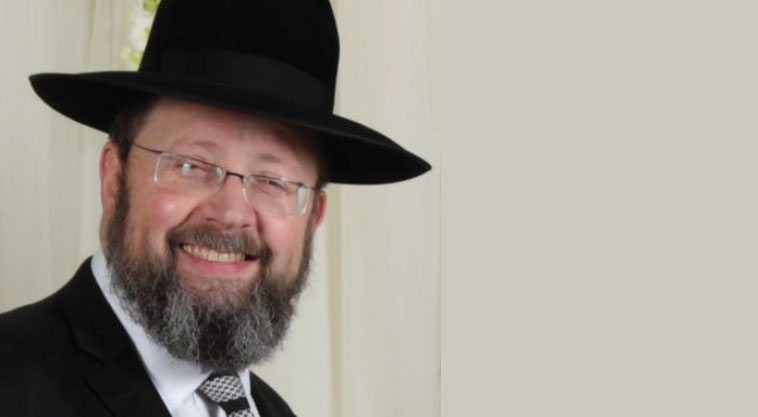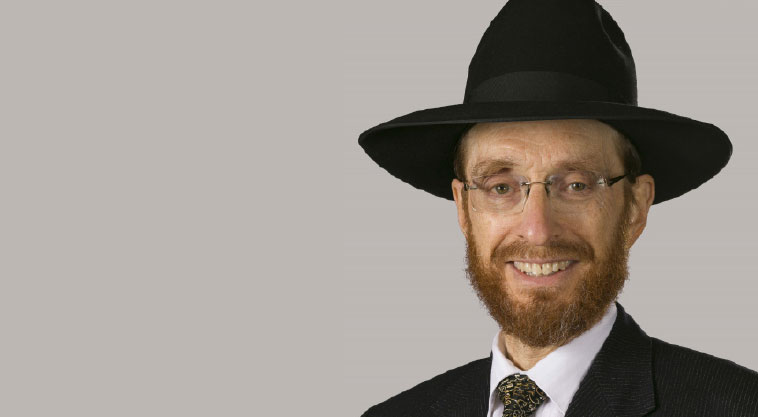Shared Space: Chapter 19


Salt of the Earth advertised valet parking, but as Kivi pulled up, he saw Sitman parking at the curb, about a block before the restaurant. Without giving it too much thought, Kivi pulled in behind and hurried to walk along with him.
“Hey,” he said as he fell into step.
“Kivi.” Sitman nodded politely. “What’s up?”
“Good, why not go for the valet parking?”
Sitman stopped walking. “Seriously? What am I, a 17-year-old bochur? Valet parking is nisht. It’s like doing shoeshine in airports or sniffing the cork in a restaurant. You’ll never see your shver doing that.”
Kivi laughed. “I hear. Okay.”
The others were already seated, and the maître d’, even without asking names, nodded to the far table, as if knowing why they were there.
Whoever had designed Salt of the Earth didn’t seem to consider light to be necessary, and Kivi had to concentrate as he made his way around the small tables.
“There are restaurants that you go to to see people, and restaurants you go to not to see people,” Bauer announced. “This place isn’t for working the room. It’s for eating.” He opened the menu with a flourish.
“Really?” Karlinsky said. “So you mean you’re not going to go over to Jack Sutton who’s right over there,” he pointed, “and tell him about the app?”
“Omigosh.” Bauer sat up so quickly the pitcher of water tottered on the table. “You have no idea. I call his office three times a week to try to reach him. I heard he works out at Ripped on Lexington Avenue, it’s downstairs from his office, so I bought membership and went there every day at lunch. I finally saw him one day and he smiled and said I should call his gabbai tzedakah, he didn’t even listen to me.”
Garfinkel leaned over to Kivi. “Bauer is doing a major raise. He has this real estate app he’s into and if Sutton is on board, he has it made.”
Kivi felt the gratitude for this small gesture — including him, explaining it for him, bringing him in to the easy flow between these men — starting in his chest and spreading through his body.
“Got it.”
“Hey, go over to him, Nesanel,” Kivi blurted out, “just do it.”
Bauer smiled. “Yeah, thanks. I know. Just need it to work, you can’t walk over to a guy like that in a restaurant, it’s worse than stopping him in the street. He’ll get all ‘I’m with the family, can’t you see’ on me. Then I’ll have nothing. We’ll figure it out.”
A skinny waiter stood there smiling hopefully, waiting for someone to look at him.
Karlinsky punched Bauer. “Okay, we’re going to eat while you map out your route to the bathroom, b’seder?”
He scanned the menu and waved his hands over the appetizer list. “Bring one of these lamb chop thingies, then this merguez thing.”
“It’s not mergwwwez,” Sitman snorted, “you can say mergez.”
“Thank you, Mr. Sophisticated.” Karlinsky looked up.
The waiter’s smile never wavered, stretched across his face like an elastic band, as if he was enjoying the banter too.
“Anyhow, merguez, sweetbreads, empanadas, maybe a beef jerky too, for starters. Then we’ll do mains, okay?”
The waiter bowed and glided away.
The first time he’d joined the group, Kivi had wondered about who paid and how it worked. By now, he’d gotten the hang of it: every time, someone else paid. Tonight, Karlinsky was in charge.
(Excerpted from Mishpacha, Issue 724)
Oops! We could not locate your form.





